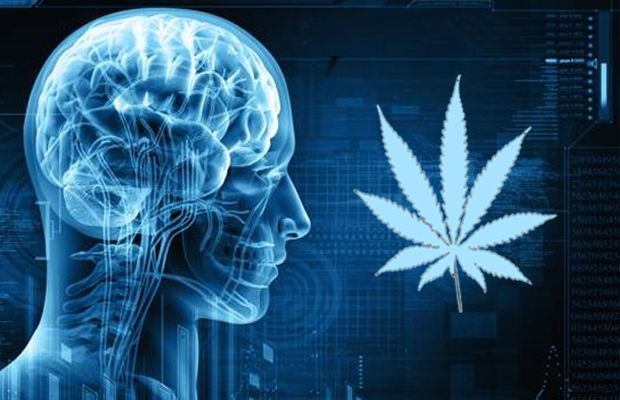The Brain Loves CBD: What are the effects of this major cannabinoid?
The cannabis plant contains an abundance of naturally-occurring cannabinoids and Cannabidiol (CBD) is stealing the limelight lately. Recent studies show that CBD reacts with the brain in more ways than one, making this cannabinoid one of the most exciting to date.
What you should know about Cannabidiol (CBD) and the brain
A health-enhancing cannabinoid that is being taken by adults, the elderly and even children, CBD is non-psychoactive, unlike Tetrahydrocannabinol (THC).
CBD is found in the flowers, seeds, and stalks of the cannabis plant. A sedating high is not included in the list of effects that this cannabinoid produces, which include mood regulation, pain/inflammation reduction, and anxiety relief.
Let’s find out more about the effects of CBD on the brain:
- CBD decreases oxidative damage – People who suffer from brain damage that results in Parkinson’s and Alzheimer’s disease have a malfunction or at the very least, an imbalance, associated with the antioxidant mechanisms inside the brain. As a result oxidative damage occurs, which prevents normal brain functioning. CBD, when consumed, affects the CB2 receptor by minimizing oxidative damage.
- CBD Helps with Pain Management – The body’s inflammatory response works by delivering a message to the brain, resulting in pain. Since CBD acts on the CB2 receptor inside the brain, it can block the inflammation response signal and help you to manage pain better. THC is also helpful for pain relief.
- CBD May Reduce Blood Flow – When certain regions of the brain are met with an influx of blood flow, feelings of anxiety may surface. This can be prevented when you consume CBD, which has been proven to lower patient anxiety.
- CBD Lowers the Risk of Excitotoxicity – Did you know that your brain can get over-excited at times? When the brain cells fail to function normally and begin stimulating excessively, damage occurs. This is known as excitotoxicity. The degree of toxicity that occurs in patients with brain excitation, such as epileptic patients, can be lowered when CBD is administered. Not only does CBD lower the risk of excitotoxicity but also, it protects the brain cells!
- CBD Acts as an Antipsychotic – Contrary to popular belief, cannabis can actually be used to reverse the effects of psychosis. Lack of the anandamide neurotransmitter is linked to an increase in the symptoms of psychosis. CBD works by boosting anandamide inside the brain, which may improve mood regulation and appetite.
Enjoying a healthy dose of CBD
The way in which you choose to consume CBD will depend on your personal needs. If you are a frequent cannabis consumer who likes to smoke a joint, this is a favorable way to enjoy the health benefits that CBD has to offer.
Alternatively, you could give your brain a boost by vaping CBD oil, putting oil under the tongue using a tincture (very effective and fast delivery to the bloodstream), baking cannabis plant matter into edibles and liquids, or using capsules or suppositories.
Oral sprays are also a popular option for non-smokers.










